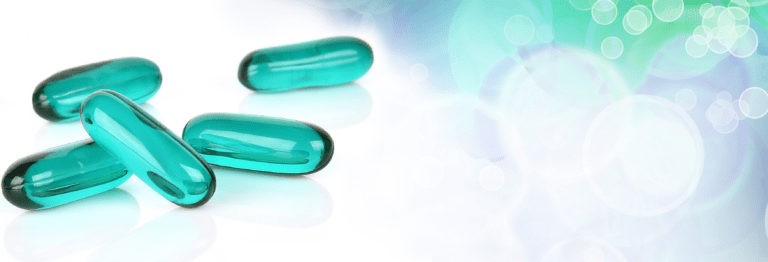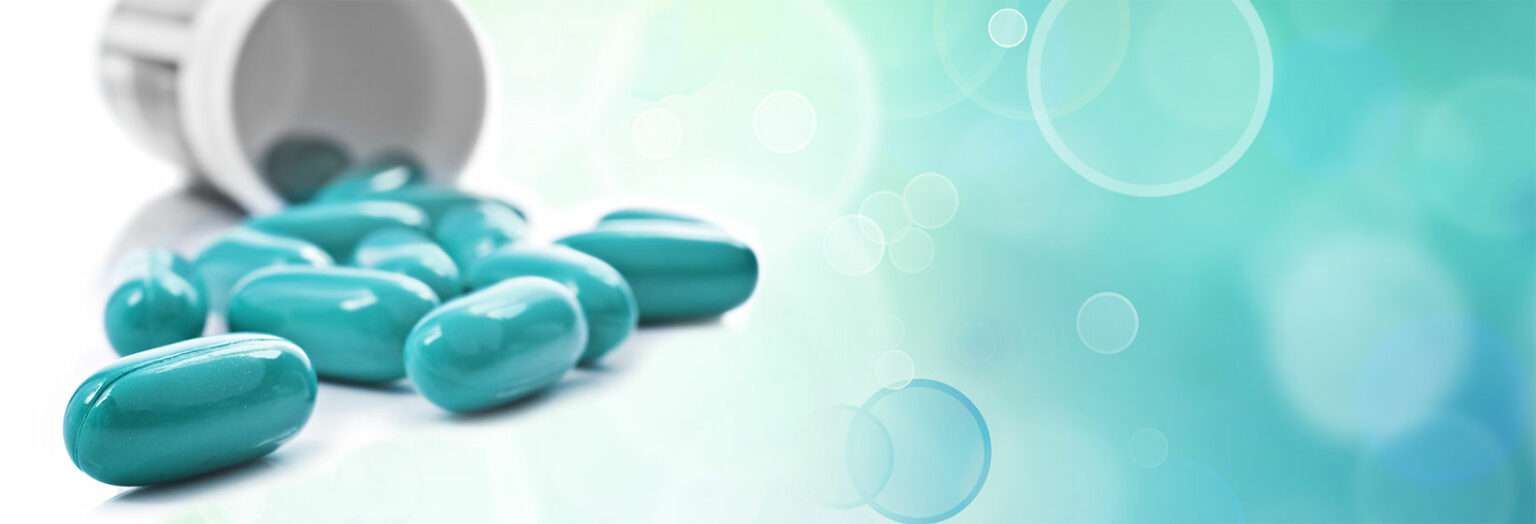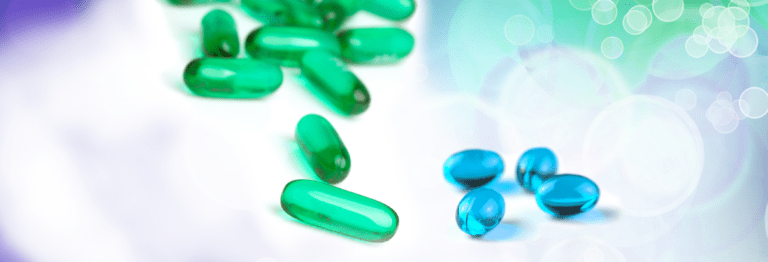Contact Us
- Solutions
- Resources
- About
- Contact Us
close
Optional callout banner for highlighted news or events
Learn More
Advances in soft gel technology are making it possible to use this drug-delivery approach for a wider selection of APIs, such as oncology medications. The increased interest in developing lipid formulations for potent and poorly water-soluble drug molecules to overcome bioavailability issues, and the preference of patients for capsules over other oral dosage forms, are other factors influencing the growth of the soft gel capsule market.1
Soft gel capsules are for the oral delivery of non-aqueous liquid or semi-solid formulations of dissolved or suspended drug, typically targeting solubility enhancement. Soft gelatin capsules are a dosage form of choice for many pharmaceutical companies because patients perceive soft gels as easy to swallow, which leads to improved patient compliance. Soft gels also allow formulators to increase the absorption rate of the active pharmaceutical ingredient (API) by altering the fill formulation (i.e., from lipophilic to hydrophilic), ensure dose uniformity with low-dose drug products, and improve drug stability.2 A soft gel could be ideal for your API if you are trying to achieve the following:

Combination products, polypills, or fixed-dose combination (FDC) drug products were valued at $29.7 billion in 2018 and are expected to reach $35 billion by 2027.3 Oncology, cardiovascular, and diabetes are among the therapeutic areas driving the sector.
According to Contract Pharma, FDC drugs are a growing market that combines multiple active pharmaceutical ingredients (APIs) into a single-dose product, aim to improve patient convenience, compliance, and appropriate dosing. Pharma companies can realize substantial savings when developing an FDC comprised of previously approved new chemical entities or their generic counterparts. FDC products have also proven to be an attractive strategy for extending the market potential of proprietary drugs.2
Combination capsule products have evolved due to advances in capsule filling technology. Formulation scientists have access to a variety of liquid capsule filling options and soft gels are often a primary choice A liquid solution or suspension is ideal for dispersing multiple APIs uniformly. As long as the selected APIs are compatible in non-aqueous liquids or lipid formulations, soft gel capsules can be ideal for combination products.
These combination soft gel products require specific equipment and expertise. Outsourcing the formulation and manufacturing of your FDC product to a CDMO with experience in designing soft gels can help to ensure a successful formulation approach, optimized bioavailability and solubility, and avoid costly delays in your product development timelines.

A soft gel capsule is not the ideal dosage form if you have multiple APIs that require different release profiles. However, whether you have a single active or multiple active products, soft gel capsules can be formulated to be immediate-release (IR), slow-release (SR) or delayed (enteric) coated through various mechanisms by releasing the therapeutic agent at the site of action or absorption. Soft gel systems for local or systemic drug delivery in a sustained, controlled, and targetable manner has been at the epitome of recent advances in drug delivery systems.5
For developing controlled-release soft gel products for water-soluble drugs (especially Biopharmaceutical Classification System 1), increasing the binding force to retain the active in its matrix or within controlled-release coating and to avoid initial burst is imperative. On the other hand, for poorly water-soluble drugs, enhancing drug dissolution, keeping the drug in a highly dispersed state, and avoiding “crash” at the release site is the primary approach.6
A variety of controlled-release technologies are being developed for soft gels. For modified-release profiles, such as extended release, control mechanisms are built in the fill matrix or controlled-release coating. Matrices may be lipophilic or hydrophilic excipients with APIs solubilized or dispersed into them. Building control mechanisms in both shell and fill of a soft gel elevates the configurations to another level.6

Over a quarter of drug products in development contain highly potent APIs (HPAPIs), driven by improved targeting in treatments for cancer, diabetes, autoimmune diseases, and other indications. For oncology drugs, the proportion with a HPAPI component is closer to three-quarters.7
Soft gels are increasingly being evaluated to address low-dose HPAPI challenges. The technology allows the incorporation of an API powder into a liquid formulation as either a solution or as a suspended solid, which then reduces the risk of subsequent airborne powder during manufacture and can also improve homogeneity for low-dose products.8 A CDMO like Pii vast experience in delivering soft gels of HPAPI that range in strength down to the microgram level.




Sundeep Sethia joined Pii in September 2018 as Senior Director of Pharmaceutical R&D. He has over 15 years of experience in the pharmaceutical industry.
Dr. Sethia formerly served as the Director of Pharmaceutical R&D at Amneal Pharmaceuticals. Prior to Amneal, he held positions of increasing responsibility at both Teva and Barr Laboratories in R&D. His expertise is in drug development across a broad range of therapeutic areas and dosage forms. He has a proven track record in generic drug development and approvals.
Dr. Sethia received his Ph.D. in Pharmaceutical Sciences from St. John’s University, NY. He earned a Master’s and a Bachelor’s degree in Biotechnology and Pharmacy, respectively from Jadavpur University in India. He has co-authored various peer-reviewed scientific publications and patents/patent applications.
Like what you read? Share with your network: